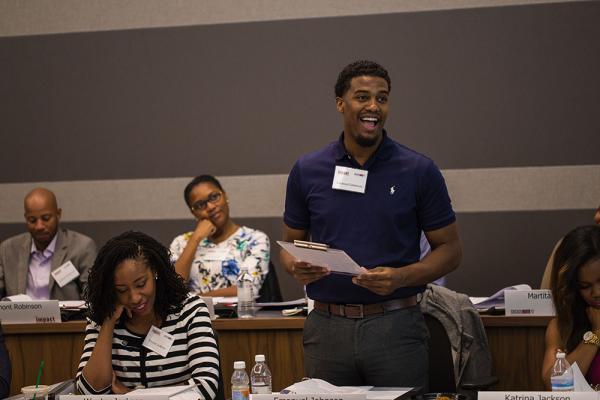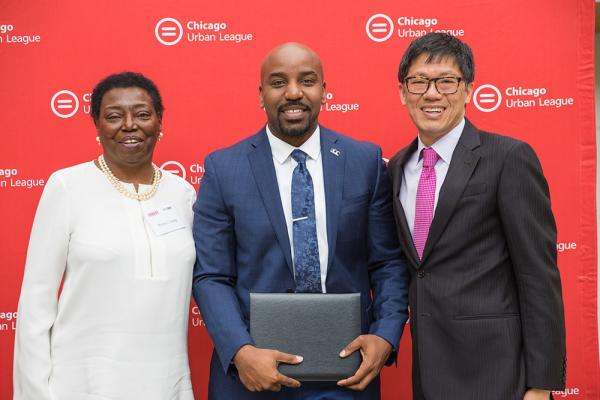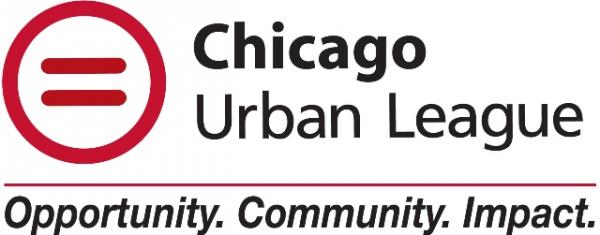The Chicago Urban League is using our recent donation of more than $50,000 to move the needle toward racial parity in business and civic leadership in its community. The league’s IMPACT program provides opportunities for up-and-coming Black professionals to engage with and learn from successful senior leaders.
“Through the IMPACT Leadership Development Program, we not only help advance the careers of existing Black professionals, but we create new role models for our high school and college students who aspire to leadership,” Chicago Urban League President & CEO Karen Freeman-Wilson. “Not to mention, our IMPACT graduates bring new skills, ideas and confidence to their organizations and to their communities.”
The IMPACT program partners with the University of Chicago Booth School of Business to select 30 highly-qualified Black professionals to develop as future leaders. The program focuses on building inter-generational knowledge on topics, such as business ethics, negotiations, decision-making and more.
The Chicago Urban League is one of 19 Urban League affiliates across the Midwest to share in our recent $1 million investment.
“Over the past year, we have all seen that attention to issues of diversity and racial equity are as critical as they have ever been,” Karen said. “This donation will support [our] efforts to strengthen the diversity pipeline for leadership roles across Chicago and move us closer to our vision of economic and racial equity for Black Chicagoans. We are incredibly grateful to Meijer for this new support.”
We chose the Chicago Urban League as one of the recipients because they share our commitment to economic impact, health, workforce development and education in our Black and African American communities.
“We’re glad to be able to support the Chicago Urban League in their efforts to bring about racial equity in high-level business and civic spaces in Chicago,” said Tim Williams, Vice President of Diversity and Inclusion at Meijer. “The IMPACT program makes a significant difference not only in the lives of the Black leaders it develops, but in the community as a whole.”


